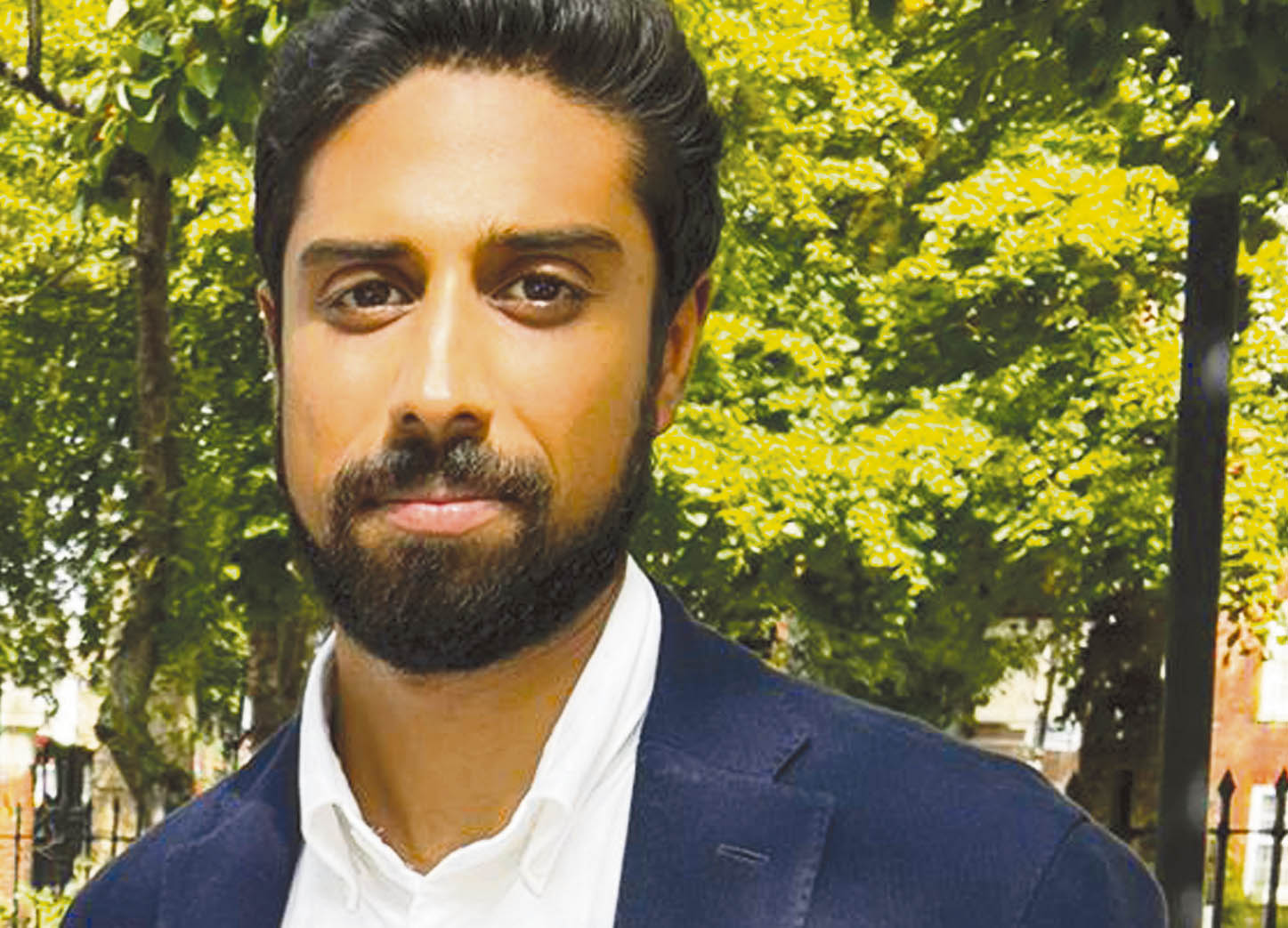Air pollution in London is one of the biggest health crises we face
FORUM: 'poor air quality hits poorer children more than their more affluent peers,' explains Labour councillor for Barnsbury ward Praful Nargund
Friday, 15th September 2023 — By Praful Nargund

Labour councillor Praful Nargund
WE must reject the prime minister’s posturing, air pollution is a health crisis.
As Islington Council launches further engagement on the Barnsbury and Laycock liveable neighbourhood scheme, it’s the time to have a serious conversation about the air pollution crisis.
Data I recently obtained from the Whittington Hospital, via an FOI, freedom of information, request to the health trust, reveal a staggering 30 per cent increase over eight years in local children being admitted for respiratory conditions.
The numbers should give all of us pause for thought.
The political rows about air pollution are often seen from the point of view of traffic management or car ownership.
Prime minister Rishi Sunak plainly sees it as a way to score some political points.
Yet the figures show that this is a health emergency. Air pollution in London is one of the biggest health crises we face.
Just as we wince at the sewage that is being pumped into our rivers and coasts, we have to face the reality of the toxic pollutants that we are forced to breathe every day. It is our children who are paying the price, with damaged lungs and increased risk of developing asthma.
Worse, poor air quality hits poorer children more than their more affluent peers.
The dangers of air pollution extend beyond respiratory conditions to encompass cardiovascular diseases and lung cancer and there is emerging evidence for associations with dementia, low birth weight, and type 2 diabetes.
With more pressure on our hospitals, poor air quality is having a knock-on effect on our crippled National Health Service. That is why, as a councillor and campaigner in Islington, I have long argued that this should be a priority for local and national government.
Of course, the policy must be calibrated correctly, but an initiative such as the ULEZ, ultra low emission zone, will have a swift and lasting positive impact.
I know there is fierce opposition in some quarters. But back in 1956, when the Clean Air Act was passed to tackle the thousands of deaths caused by smog, arguments were made against it too.
People and businesses fought against restrictions to the open coal fire, which was then the centrepiece of the home. But the result of the perseverance of campaigners was cleaner air and a more liveable city.
The same goes for measures like Islington’s liveable neighbourhoods and Ulez, which improve our neighbourhoods for the many and allow us to breathe more freely.
They attract fierce opposition from a vocal few, but my experience of talking to people across the borough is that they like the idea of fewer vehicles, greener spaces, and cleaner air.
Changes like these are never easy. But the rewards are great.
And that is why we have got to do the work to educate on the dangers of the health crisis caused by air pollution. And what we need more than anything is a new Clean Air Act to match the scale of our problems today.
This problem isn’t going anywhere.
Without policies to clean up the air in London, the Whittington will carry on treating children fighting for their breath, brought in ambulances or by worried parents to A&E. Without action the numbers will carry on growing.
Surely this is unacceptable, and we can all agree that doing nothing is not a serious answer to this huge health crisis on our doorstep.
We need the ambition and the confidence to believe that our generation has the power to change it.
• Praful Nargund is a Labour councillor for Barnsbury ward.